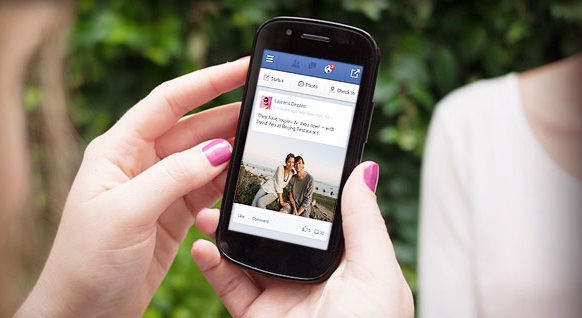 Source: Facebook Mobile | Official Website
Source: Facebook Mobile | Official WebsiteEarlier this year, Facebook tested a new mobile unit that was designed to enable developers promote themselves. This time, the social networking giant makes it available to all developers. In fact, they’ve set up an automated page to those who wants to create and ad for their apps, as well as the analytics dashboard.
From Beta to All App Developers
Facebook first introduced the ad unit last August and conducted beta testing with select partners such as Fab, Kabam, Big Fish and TinyCo.
Now, the social network rolls out the feature to all app developers after claiming success during the beta testing. In addition, it was reported that TinyCo saw 50 percent higher click-through rates and “significantly higher” conversion rates vs. other mobile channels. They also saw an increase in engagement, as stated by Facebook Software Engineer Vijaye Raji on a blog post last Wednesday.
A select subset of Preferred Marketing Developers (PMDs) has been testing mobile app install ads and saw similarly positive results. For example, Nanigans’ clients efficiently achieved 8-10x the reach compared to other mobile ad buys. Ad Parlor saw consistent CTR’s from news feed of 1-2% from engaged users looking for iPhone and Android games that their friends were playing.
The ad units on Facebook Mobile are designed to bring users to new applications. When a user clicks on ad, they will be directed to the App Store or Google Play—provided that he or she doesn’t have the mobile app on his or her device yet.
How Facebook’s Mobile Ad Unit Works
Last August, Facebook launched a mobile ad unit that is created to help mobile app developers to market themselves.
The ad unit is automatic, and app developers can buy a unit by simply filling out an online form. After that, devs can delineate which demo they are trying to reach and what their budget is. Once an ad unit is bought, app developers can use the social network’s analytics tools to monitor its performance.
This makes its easy for developers to launch their ad and monitor their insights using a simple flow on the App Dashboard. They can even leverage the Power Editor, the API or work with one of the network’s PMDs to create and manage their campaigns.
Raji noted that there is an audience for such a unit. There were also few independent studies saying that ads are more effective than traditional desktop ads. However, investors are still skeptical with Facebook’s odds of maintaining its revenues through mobile ads.




